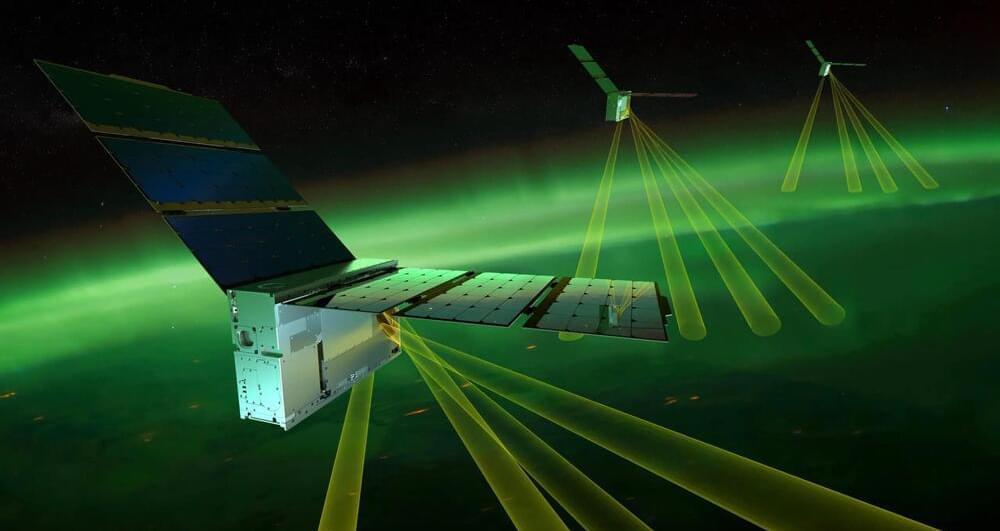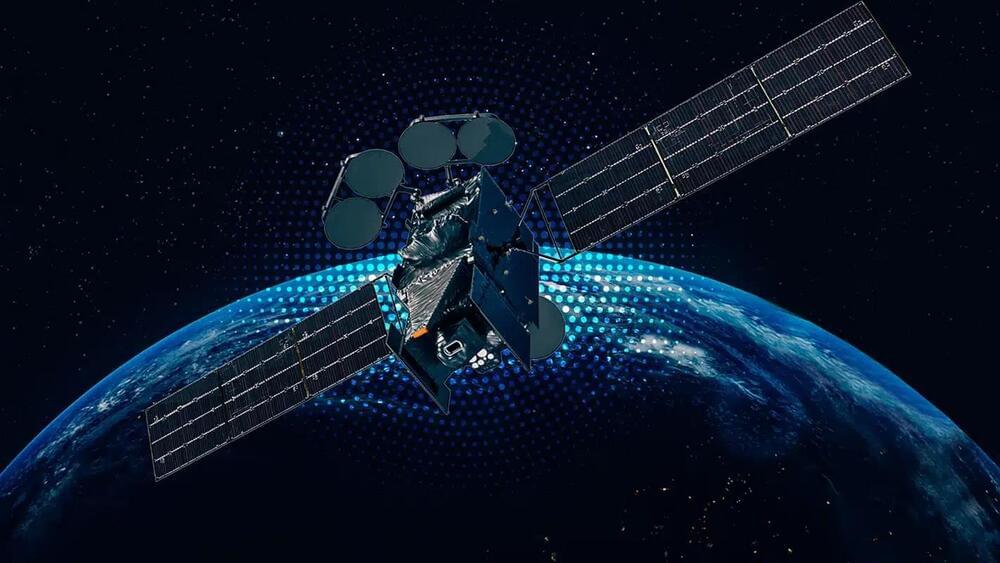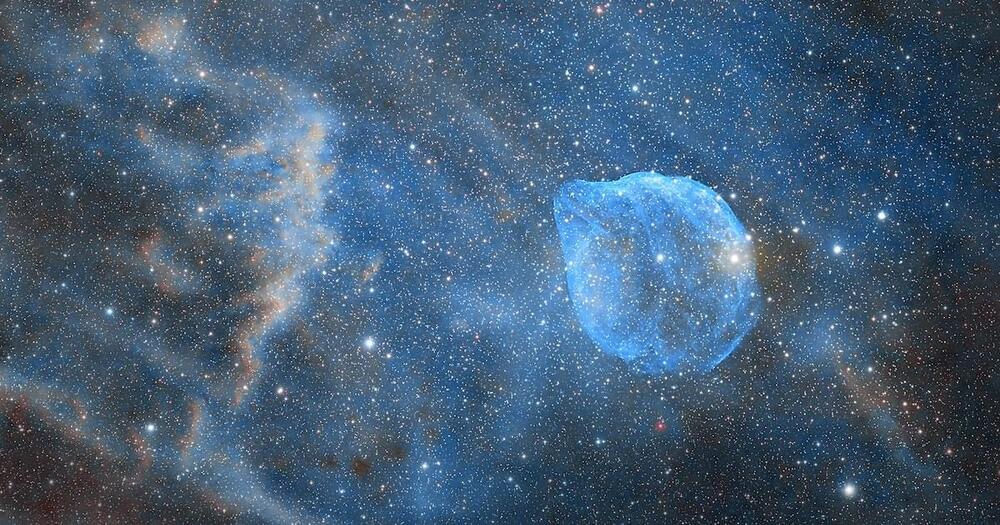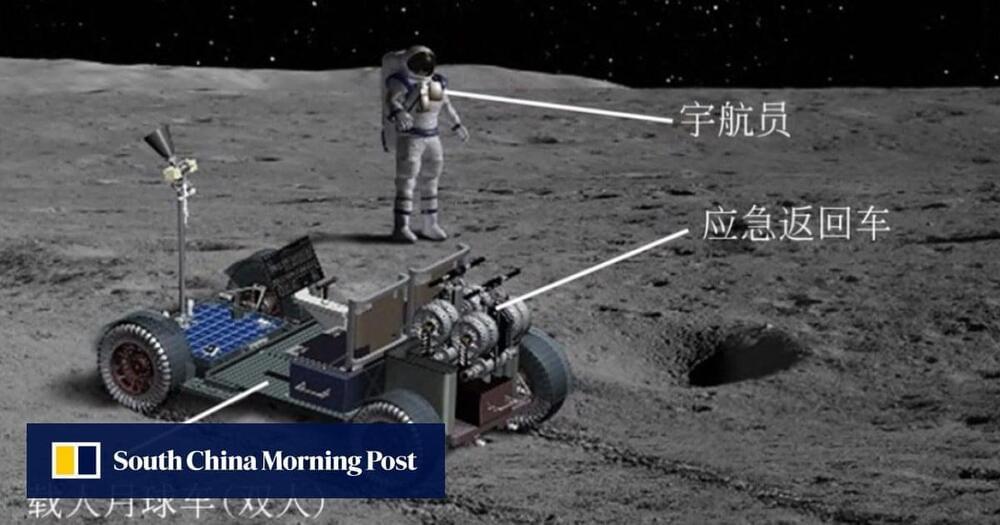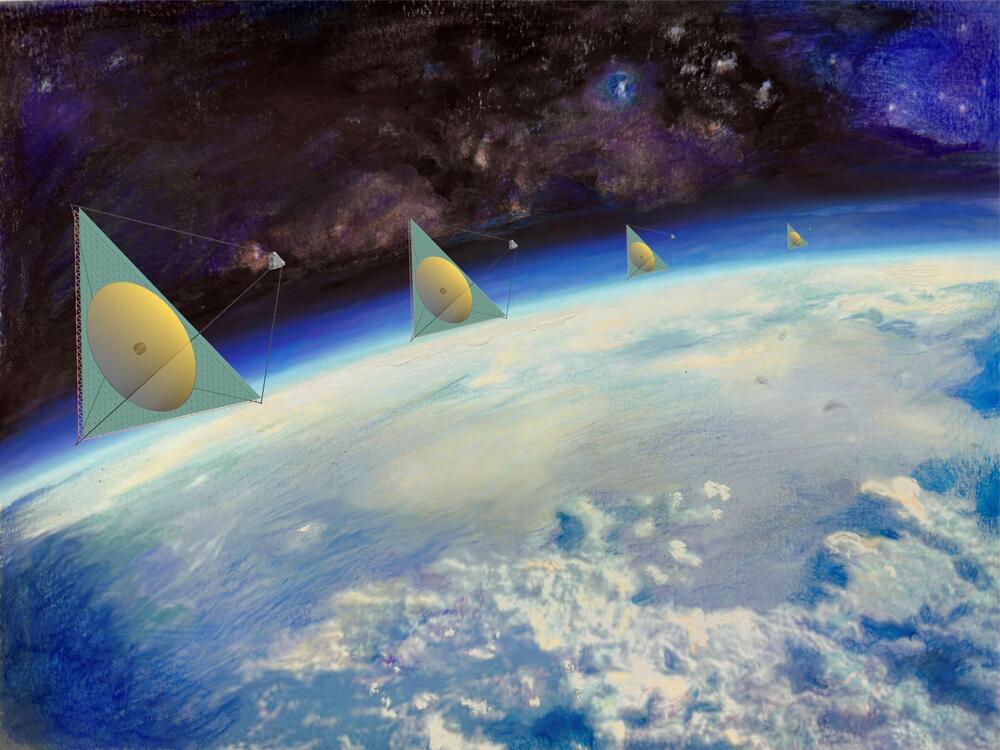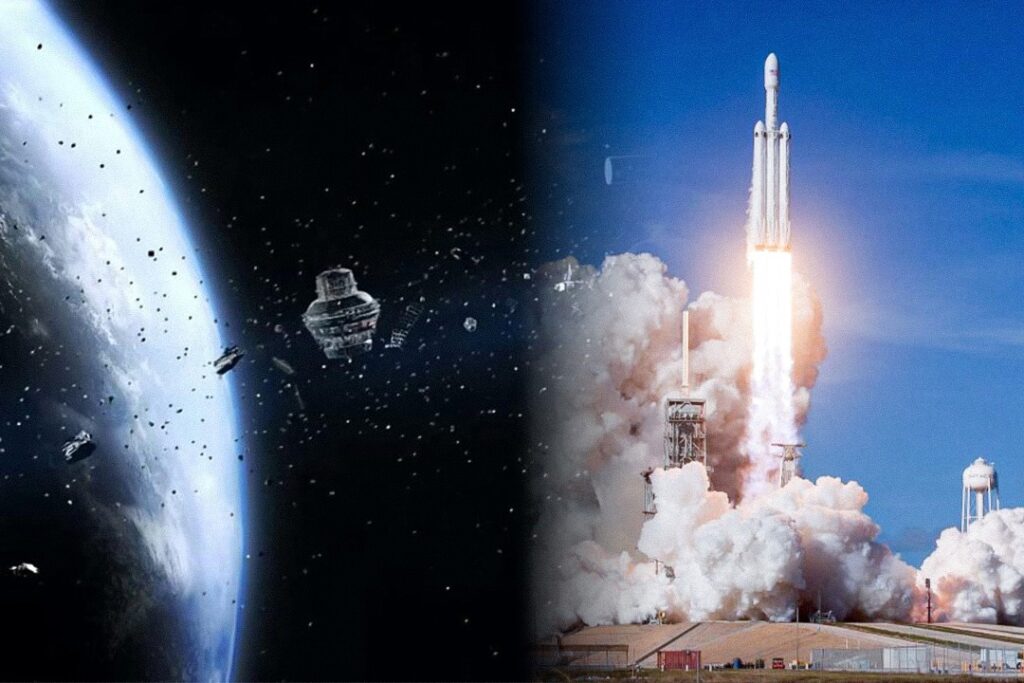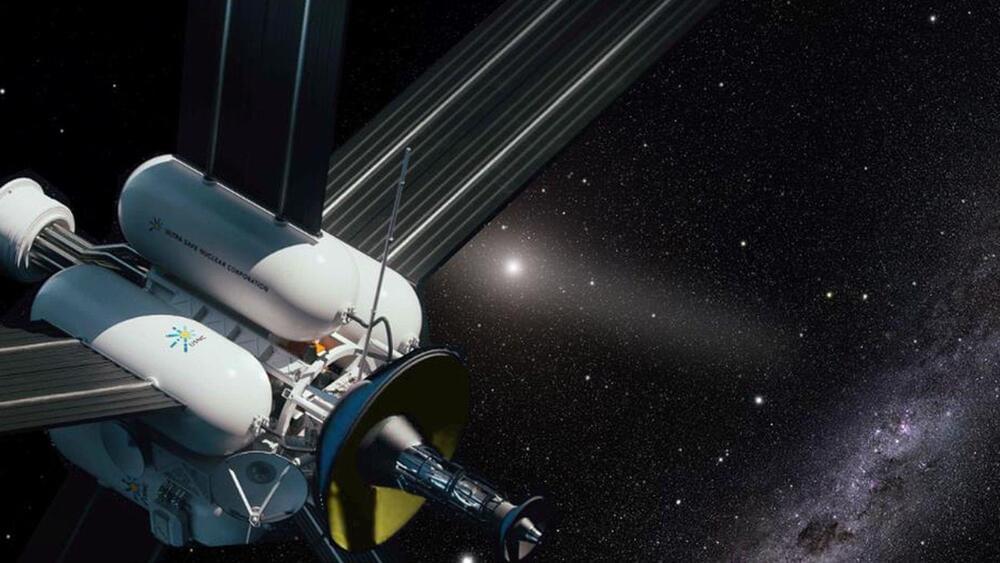Apr 12, 2023
New ‘AI scientist’ combines theory and data to discover scientific equations
Posted by Josh Seeherman in categories: information science, robotics/AI, space
In 1918, the American chemist Irving Langmuir published a paper examining the behavior of gas molecules sticking to a solid surface. Guided by the results of careful experiments, as well as his theory that solids offer discrete sites for the gas molecules to fill, he worked out a series of equations that describe how much gas will stick, given the pressure.
Now, about a hundred years later, an “AI scientist” developed by researchers at IBM Research, Samsung AI, and the University of Maryland, Baltimore County (UMBC) has reproduced a key part of Langmuir’s Nobel Prize-winning work. The system— artificial intelligence (AI) functioning as a scientist—also rediscovered Kepler’s third law of planetary motion, which can calculate the time it takes one space object to orbit another given the distance separating them, and produced a good approximation of Einstein’s relativistic time-dilation law, which shows that time slows down for fast-moving objects.
A paper describing the results is published in Nature Communications on April 12.

